The Word of Wisdom: “A Principle with Promise”
Reading assignment
Doctrine and Covenants 89; Our Heritage, pages 25–26.
Links: Teacher’s manual | Student manual
Overview
The Word of Wisdom is one of the most distinctive of the Mormon beliefs. Kids at school would ask me, “So you don’t drink Coke?” Which I always thought was an annoying question, but in retrospect it wasn’t as annoying as having a prophet who refused to clarify the question one way or another. More on that later.
But a funny thing would happen in those exchanges. When a kid would say, “You’re a Mormon. So you don’t X?” that was when I felt the Mormonness most overtly. I found myself becoming a Representative. And that, friends, is what the church wants to happen. Once you present to your friends in the capacity of a Representative, then it brings in lots of tapes that start playing in your head, and the tapes have titles like “I Am Different” and “The World Is Watching Me”. And then you either suck it up and obey, or you throw it off and rebel — and a whole lot of kids suck it up.
The Word of Wisdom is weird. It’s not weird that a god would give you health advice — that would be bloody useful. But he gives weird and bad advice — some of which the church largely ignores. It looks like something a 19th century grifter would cobble together from scraps of health fads that were lying around at the time, in complete ignorance of anything that would later be revealed by science.
Reading
Was it optional?
Section 89 says that this section is not a commandment, but a smart idea.
D&C 89:1 A Word of Wisdom, for the benefit of the council of high priests, assembled in Kirtland, and the church, and also the saints in Zion
2 To be sent greeting; not by commandment or constraint, but by revelation and the word of wisdom, showing forth the order and will of God in the temporal salvation of all saints in the last days
3 Given for a principle with promise, adapted to the capacity of the weak and the weakest of all saints, who are or can be called saints.
And in the early days of the church, it really was treated as optional. Joseph Smith drank quite a bit, even up until the day he died. He was even prone to the odd cigar.
“Joseph Smith tried the faith of the saints many times by his peculiarities. At one time he had preached a powerful sermon on the Word of Wisdom and immediately thereafter, he rode through the streets of Nauvoo smoking a cigar. Some of the brethren were tried as was Abraham of old.” (Tanner 1987:6 c: Joseph Smith as an Administrator, Gary Dean Guthrie, M.A. thesis, Brigham Young University, May 1969:161, in turn c: the diary of Apostle Abraham H. Cannon. V.19. 1 Oct 1895. Special Collections Dept. BYU Library). (Emphasis added).
Now I’m cool with this in a Zen master kind of way: do what’s right, not because you see me doing it, but because it’s right. But there’s testing people, and there’s flagrant disregard.
When did this change? The cartoonist Pat Bagley gives an answer in the Salt Lake Trib.
Young was urged to make the Word of Wisdom a test of fellowship, but he said, “I do not think that I shall do so.”
That job fell to Joseph F. Smith in 1902, who was the first church president to make the Word of Wisdom mandatory. Kind of. He urged local leaders to allow leeway with the old men and their tobacco and the old women and their tea. Many church leaders and members, however, continued to drink their wine, beer and coffee with a clear conscience.
In 1921, Heber J. Grant aligned church policy with the national temperance movement and made absolute abstinence church law. The culture of open warfare on demon rum is at least partly a legacy of that alliance. Grant never forgot or forgave the rogue Utah Legislature that very publicly thumbed its nose at his wishes and repealed prohibition in 1933.
Alcohol
D&C 89:4 Behold, verily, thus saith the Lord unto you: In consequence of evils and designs which do and will exist in the hearts of conspiring men in the last days, I have warned you, and forewarn you, by giving unto you this word of wisdom by revelation
5 That inasmuch as any man drinketh wine or strong drink among you, behold it is not good, neither meet in the sight of your Father, only in assembling yourselves together to offer up your sacraments before him.
6 And, behold, this should be wine, yea, pure wine of the grape of the vine, of your own make.
7 And, again, strong drinks are not for the belly, but for the washing of your bodies.
This idea grew out of the Temperance Movement, which was an idea that was going around at the time.
Is alcohol bad for you? This one kind of goes back and forth. There may be some benefits to light to moderate drinking. The risks seem to centre around excessive drinking. Here’s a good summary.
Moderate alcohol consumption may provide some health benefits, such as:
- Reduce your risk of developing and dying from heart disease
- Possibly reduce your risk of ischemic stroke (when the arteries to your brain become narrowed or blocked, causing severely reduced blood flow)
- Possibly reduce your risk of diabetes
Even so, the evidence about the health benefits of alcohol isn’t certain, and alcohol may not benefit everyone who drinks.
As for me, I stay away from the stuff. That’s just me.
Tobacco
Tobacco sucks. More to the point, nicotine is just the worst drug. The only high you get is cessation of cravings. From the reading:
D&C 89:8 And again, tobacco is not for the body, neither for the belly, and is not good for man, but is an herb for bruises and all sick cattle, to be used with judgment and skill.
Many times I heard people in church say something like, “You know, back in Joseph Smith’s time, doctors were saying that tobacco was good for you.”
What were doctors really saying?
When was tobacco first considered to be dangerous to health?
In 1602 an anonymous English author published an essay titled Worke of Chimney Sweepers (sic) which stated that illnesses often seen in chimney sweepers were caused by soot and that tobacco may have similar effects. This was one of the earliest known instances of smoking being linked to ill health.
In 1795 Sammuel Thomas von Soemmering of Maine (Germany) reported that he was becoming more aware of cancers of the lip in pipe smokers
In 1798 the US physician Benjamin Rush wrote on the medical dangers of tobacco
During the 1920s the first medical reports linking smoking to lung cancer began to appear. Many newspaper editors refused to report these findings as they did not want to offend tobacco companies who advertised heavily in the media
A series of major medical reports in the 1950s and 1960s confirmed that tobacco caused a range of serious diseases.
Hot drinks
D&C 89:9 And again, hot drinks are not for the body or belly.
What did the phrase hot drinks mean in 1830? (A lot is riding on this.) Was it a common way of referring to coffee and tea? Or was it simply referring to any beverage of high temperature?
Kenneth from 30 Rock
“I don’t drink coffee, sir. I don’t drink hot liquids of any kind. That’s the devil’s temperature!”
I’m afraid my Google Books research is far from conclusive. A few non-LDS sources from the time refer to hot drinks, and either sense could be intended. Sometimes the intended meaning is unclear.
Coffee
God has really strong opinions over what bean derivatives should go in your hot water.

If you think Mormons don’t take the coffee thing seriously, get a load of this. This is Relief Society General President Julie B. Beck giving a General Conference talk in April 2007.
Transcript:
My next story is about a woman I will call Mary. She was the daughter of faithful pioneer parents who had sacrificed much for the gospel. She had been married in the temple and was the mother of 10 children. She was a talented woman who taught her children how to pray, to work hard, and to love each other. She paid her tithing, and the family rode to church together on Sunday in their wagon.
Though she knew it was contrary to the Word of Wisdom, she developed the habit of drinking coffee and kept a coffee pot on the back of her stove. She claimed that “the Lord will not keep me out of heaven for a little cup of coffee.” But, because of that little cup of coffee, she could not qualify for a temple recommend, and neither could those of her children who drank coffee with her. Though she lived to a good old age and did eventually qualify to reenter and serve in the temple, only one of her 10 children had a worthy temple marriage, and a great number of her posterity, which is now in its fifth generation, live outside of the blessings of the restored gospel she believed in and her forefathers sacrificed so much for.
Life tip: If you burst into tears because of someone else’s choice of beverage… you may be in a cult.

The Coke debacle
Then there are issues that the Brethren could sort out, but don’t.
Let’s turn our attention to the Caffeine Incident of 2012. One day in September, the veil parted, and President Newsroom had a revelation. At last! a definitive statement about the Coca-Cola question that so vexed my childhood.
On Wednesday, the LDS Church posted a statement on its website saying that “the church does not prohibit the use of caffeine” and that the faith’s health-code reference to “hot drinks” “does not go beyond [tea and coffee].”
Wait, so caffeinated drinks are okay now? Yay! Let the BYU vending machines flow with that sweet elixir.
But wait again! That statement was too definitive! Nothing of substance must ever be said. So President Newsroom rushed to declarify.
A day later, the website wording was slightly softened, saying only that “the church revelation spelling out health practices … does not mention the use of caffeine.”
Do you ever get the feeling that church leaders are just trying to lock the church into whatever pattern it’s been in for the last 100 years?
Meat
God gives rules about meat, which Mormons routinely ignore.
He even says it twice.
D&C 89:12 Yea, flesh also of beasts and of the fowls of the air, I, the Lord, have ordained for the use of man with thanksgiving; nevertheless they are to be used sparingly;
13 And it is pleasing unto me that they should not be used, only in times of winter, or of cold, or famine.D&C 89:14 All grain is ordained for the use of man and of beasts, to be the staff of life, not only for man but for the beasts of the field, and the fowls of heaven, and all wild animals that run or creep on the earth;
15 And these hath God made for the use of man only in times of famine and excess of hunger.
Hands up if you were a Mormon who ate hamburgers in the summertime.
It’s been suggested that the comma after used in verse 13 is a later addition that reverses the meaning of the text.
Wheat for man, oats for horses?
Also in the category of “advice Mormons don’t really know what to do with”:
D&C 89:16 All grain is good for the food of man; as also the fruit of the vine; that which yieldeth fruit, whether in the ground or above the ground—
17 Nevertheless, wheat for man, and corn for the ox, and oats for the horse, and rye for the fowls and for swine, and for all beasts of the field, and barley for all useful animals, and for mild drinks, as also other grain.
Well, if I had to go on the research alone, I’d go with oats, which have shown a robust correlation to the reduction of cholesterol. Wheat, on the other hand, can be downright terrible for someone who has a gluten allergy. (There aren’t as many of you as you think, by the way.)
Good health advice that a god could have given in the 1830s
This was God’s chance to give his law of health, and explain nutrition to humanity in a way that would have been groundbreaking, and would have made it obvious that Joseph Smith was his prophet. Humans would have been able to confirm the things that he revealed.
If he existed, and if Joseph Smith wasn’t a huge fake, here are some thing he could have revealed that would have saved many lives.
- God could have explained about cooking eggs to avoid salmonella.
- God could have explained about niacin, a deficiency of which causes pellagra. Humans would have to figure that one out in 1937.
- Deficiency in iodine causes goiters, mental retardation, and death for many. God could have explained iodine, but didn’t.
- He could have settled that question of what causes scurvy. By 1830, quite a few people had supposed that scurvy was caused by a deficiency in vitamin C, but people were still kind of confused, and they were stuck on the idea that scurvy had multiple causes. The few people who had written about this weren’t well-publicised, and humans would have to figure it out in waves. The Lord could have sorted this out.
- He could have promoted fluoride in drinking water, vaccines, insulin, how to do a clinical test, or any of the many health discoveries humans made in the 20th century. But he didn’t. Humans had to do that by themselves.
Instead, we get advice that’s partly good, partly bad, and partly nonsense. The Word of Wisdom tells us to avoid things that aren’t actually harmful, and prohibits some things which are actually beneficial. JS also managed to jag one good idea — anti-tobacco — that was floating around the populace generally. That’s not very impressive. If this god existed, he’d be an idiot.
Are Mormons healthier?
In some ways, not others. Utah men have high rates of prostate cancer:
Toward a better understanding of the comparatively high prostate cancer incidence rates in Utah
but Mormons in Utah have lower cancer rates
Cancer incidence among Mormons and non-Mormons in Utah (United States) 1995-1999.
Given our current knowledge of risk factors for cancer, differences between LDS and non-LDS in smoking for males and smoking and sexual and reproductive behaviors in females primarily explain the lower risk of cancer in LDS populations.
Mostly because they got the tobacco thing right, which people already knew.
Real reason for the Word of Wisdom
Why do Mormons really have this set of idiosyncratic food standards? For a controlling religion — a cult, if you will — food is a natural thing to have rules about. You eat two or three times a day, so having food rules is a sneaky and subtle cue, always reminding you that the religion controls your behaviour.
And the more arbitrary and idiosyncratic the better. Weird rules cultivate a sense of separateness. Remember that a demanding religion has to make its members feel different — like people apart from the world, who know the true meaning of things, unlike the common herd. (An us/them mentality also helps if you can make the “them” seem unsafe — then the member has to run back to “us” for security.) And how do you make people feel different? Not by doing normal stuff — everyone does that — but by doing arbitrary weird stuff, like not drinking coffee, wearing archaic underwear, and other constant reminders that You Are Different and Special.
Finally, it’s good to note that Mormon understanding of the Word of Wisdom has little to do with what the words say at face value. Back to Pat Bagley:
The Word of Wisdom is a dietary code with many head-scratching restrictions, squishy provisos, and openly flouted prohibitions. Don’t take my word for it; read the original passed on to the world via Joseph Smith in 1833 in Doctrine and Covenants section 89, available at http://www.lds.org.
Unless you’re willing to drink wine of your own making at sacrament meeting and swear off summertime barbecue, hot chocolate, barley (except for mild drinks), you’re not doing it right.
The Word of Wisdom convinced me that, for Mormons, when the revealed word of God bumps up against prevailing cultural belief, the prevailing cultural belief wins every time.

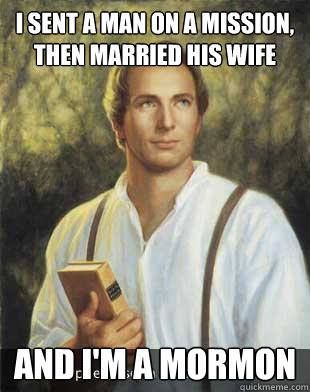

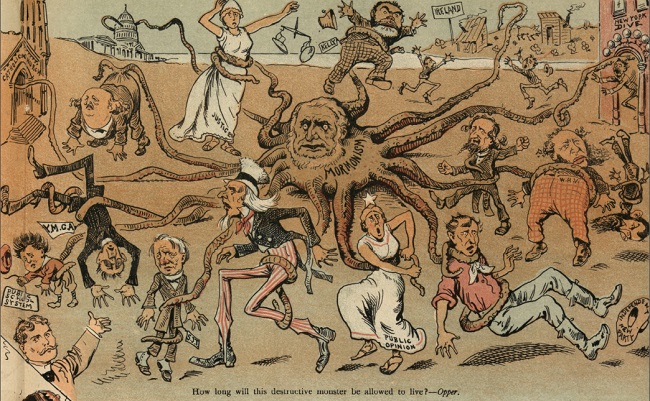
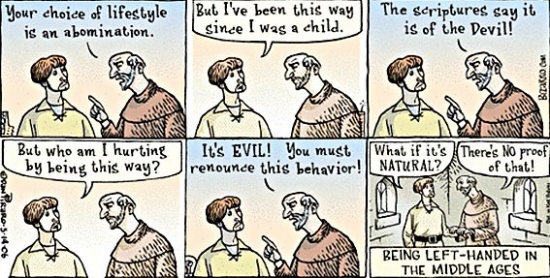
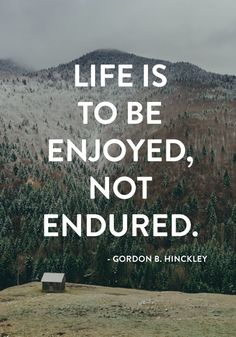
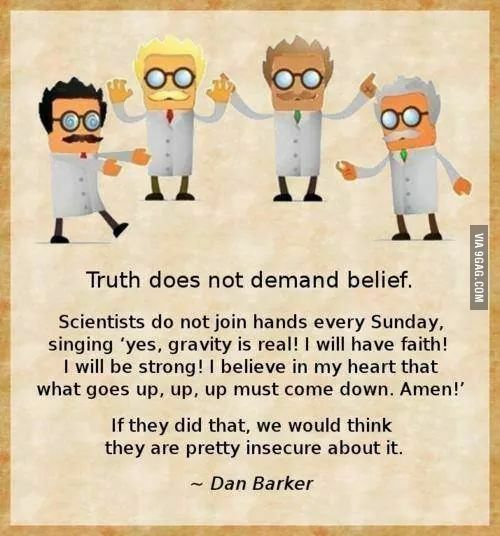
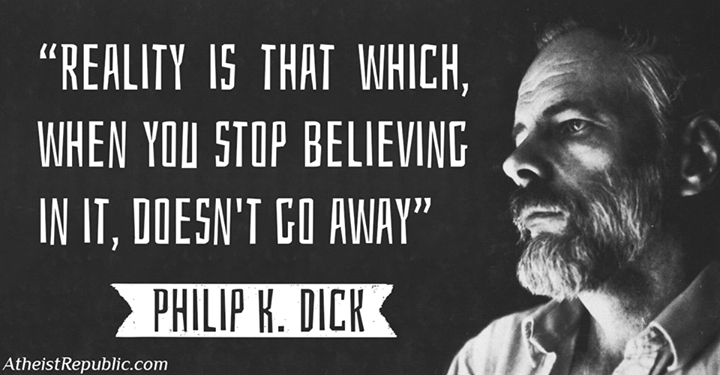


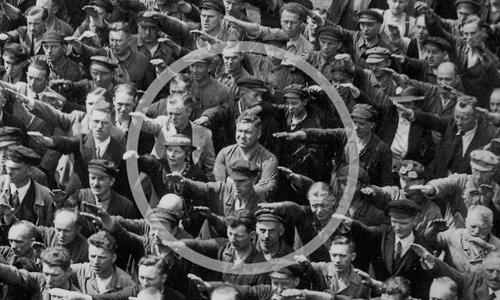
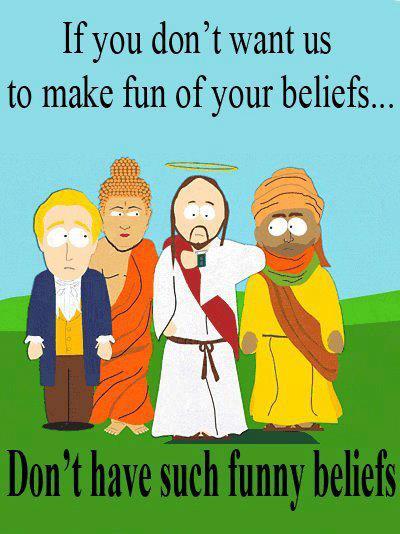
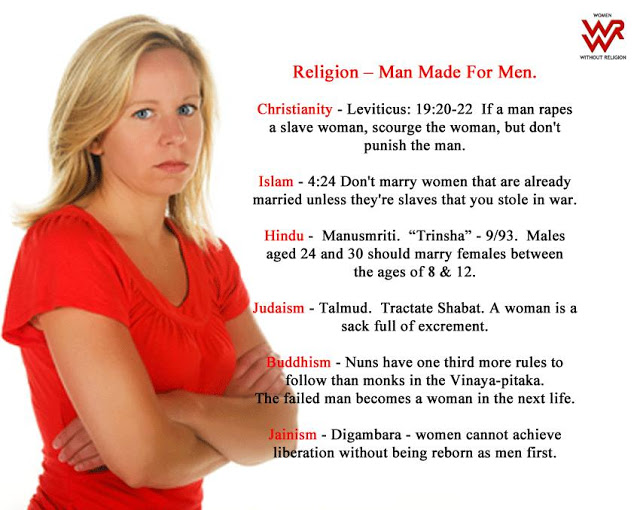
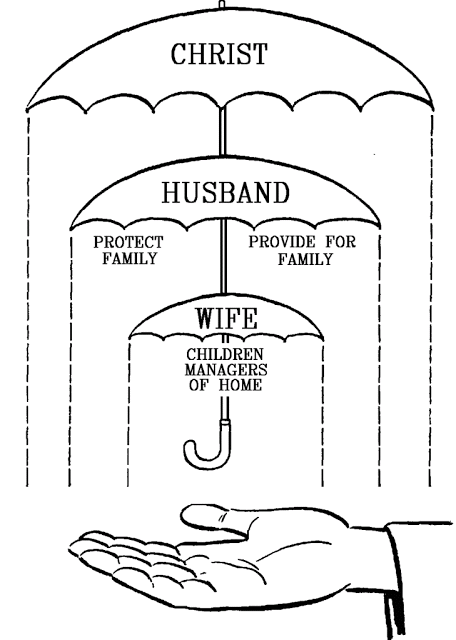


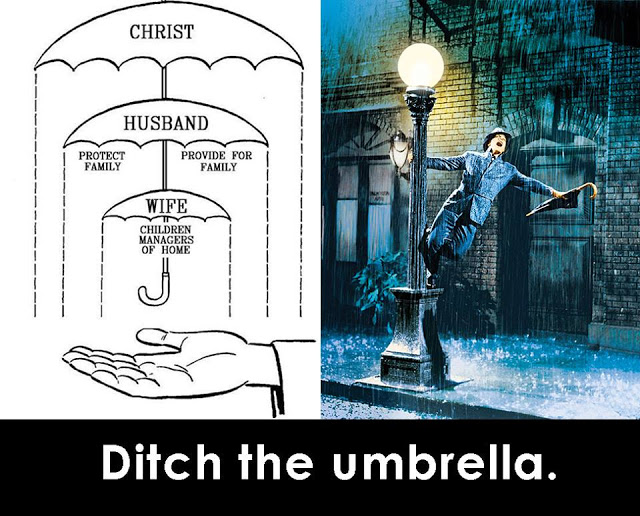
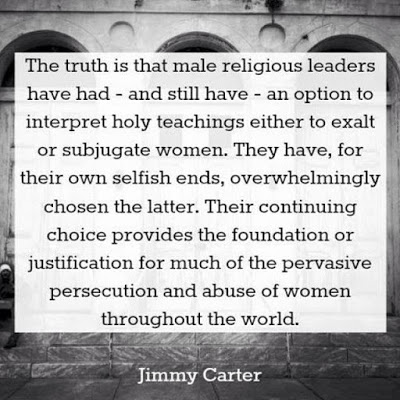
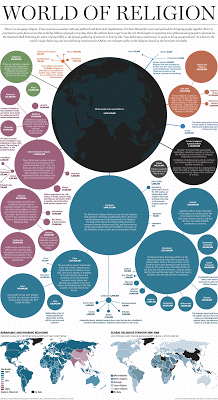
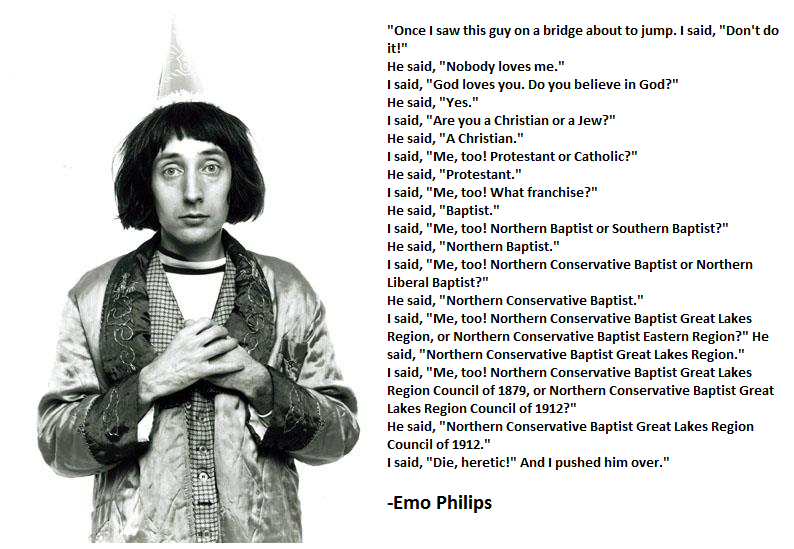
Recent Comments